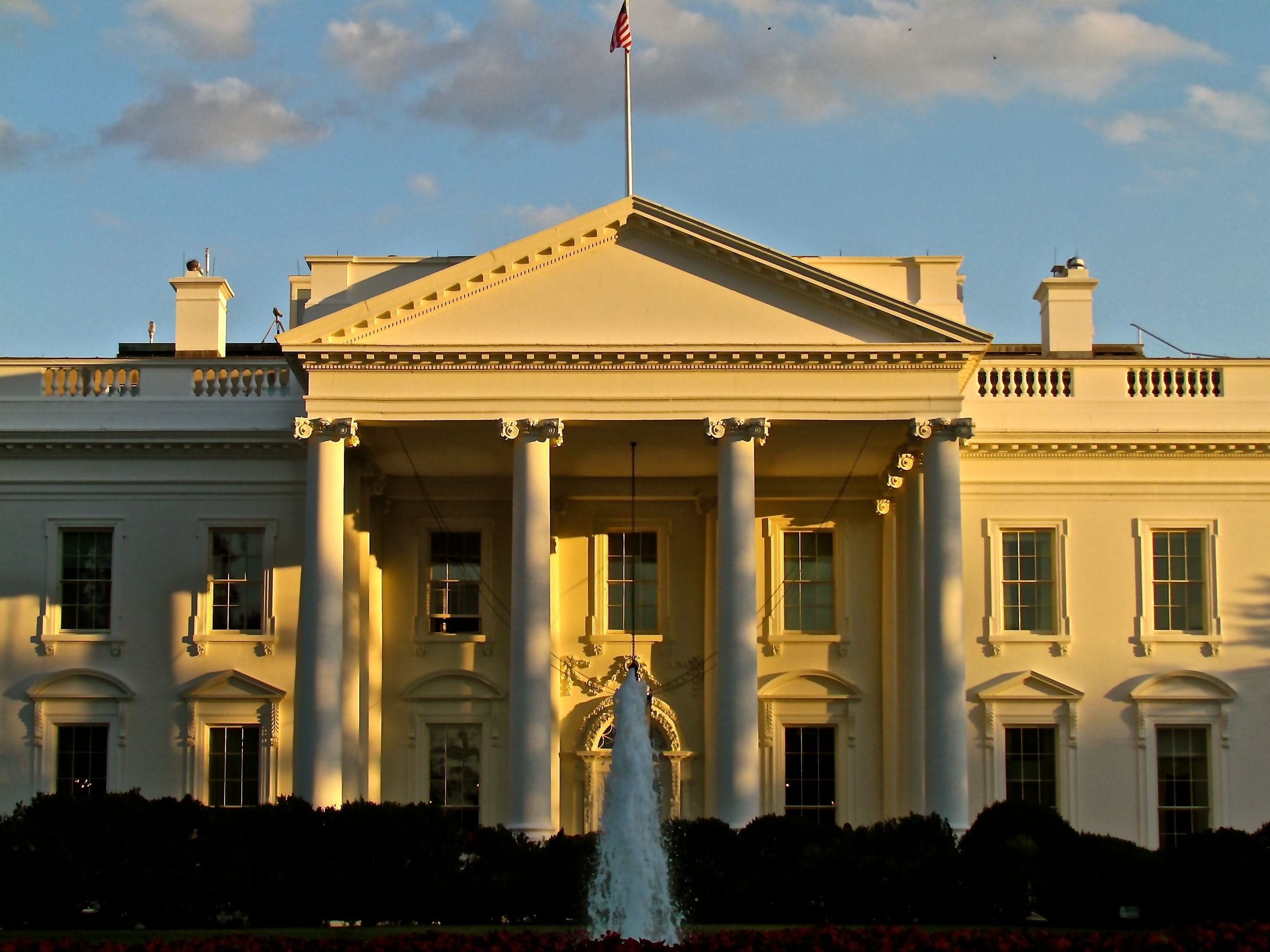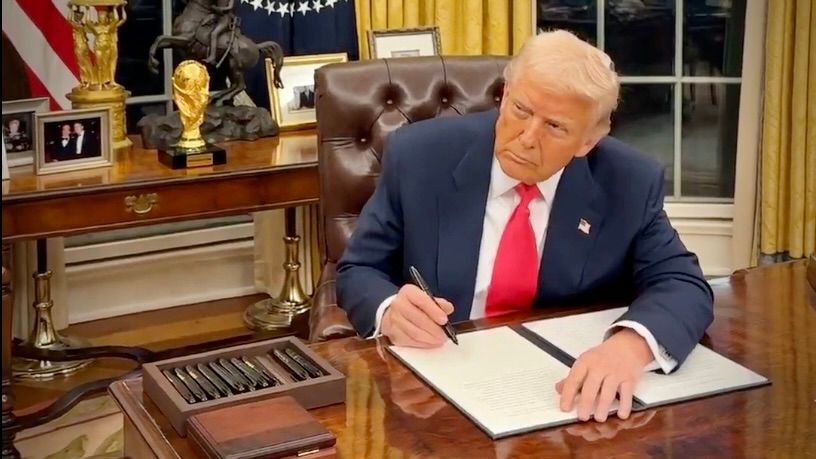Kenya to Legalize Cryptocurrencies, Treasury Cabinet Secretary Announces
Regulatory Framework Needed to Leverage Opportunities and Mitigate Risks
Kenya’s Treasury Cabinet Secretary, John Mbadi, has announced that the country is preparing legislation to legalize cryptocurrencies, marking a shift from the government’s previous warnings against the industry.
In a statement, Mbadi emphasized the need for a regulatory framework to both capitalize on the potential benefits of the industry and mitigate the risks posed by money laundering, terrorism financing, and fraud.
Draft Policy on Virtual Assets and Virtual Asset Service Providers
Kenya launched a draft policy on virtual assets and virtual asset service providers in December, aiming to establish a “fair, competitive, and stable market” for cryptocurrency industry players and foster innovation and financial literacy.
The draft policy is expected to provide a framework for the regulation of virtual assets and virtual asset service providers, including measures to prevent and detect money laundering and terrorist financing.
Historical Cautious Stance Toward Cryptocurrencies
Kenya has historically kept a cautious stance toward the cryptocurrency industry. In December 2015, the country’s central bank issued a public notice warning against cryptocurrency use, stating that these assets were not legal tender in the country and no entity was licensed to offer money remittance services using crypto in Kenya.
However, in recent years, the industry has continued to grow in the country, with a United Nations report showing roughly 8.5% of Kenyans owning cryptocurrencies.
Taxation of Cryptocurrencies
In 2022, lawmakers in Kenya started weighing on whether to move ahead with a law to tax crypto, as the industry continued to grow.
The proposed law aimed to introduce a tax regime for cryptocurrencies, including a withholding tax on the sale of virtual currencies and a value-added tax on the supply of virtual currency-related services.
Conclusion
Kenya’s decision to legalize cryptocurrencies marks a significant shift in the country’s stance toward the industry. The introduction of a regulatory framework will provide a much-needed structure for the industry, allowing it to grow and develop in a sustainable and responsible manner.
FAQs
Q: What is Kenya’s current stance on cryptocurrencies?
A: Kenya has historically kept a cautious stance toward the cryptocurrency industry, issuing warnings against its use and not licensing any entities to offer money remittance services using crypto.
Q: What is the purpose of the draft policy on virtual assets and virtual asset service providers?
A: The draft policy aims to establish a “fair, competitive, and stable market” for cryptocurrency industry players and foster innovation and financial literacy.
Q: What are the risks associated with cryptocurrencies?
A: The risks associated with cryptocurrencies include money laundering, terrorism financing, and fraud.
Q: What is the government’s plan for taxing cryptocurrencies?
A: The government is considering introducing a tax regime for cryptocurrencies, including a withholding tax on the sale of virtual currencies and a value-added tax on the supply of virtual currency-related services.
Q: How will the introduction of a regulatory framework affect the cryptocurrency industry in Kenya?
A: The introduction of a regulatory framework will provide a much-needed structure for the industry, allowing it to grow and develop in a sustainable and responsible manner.










